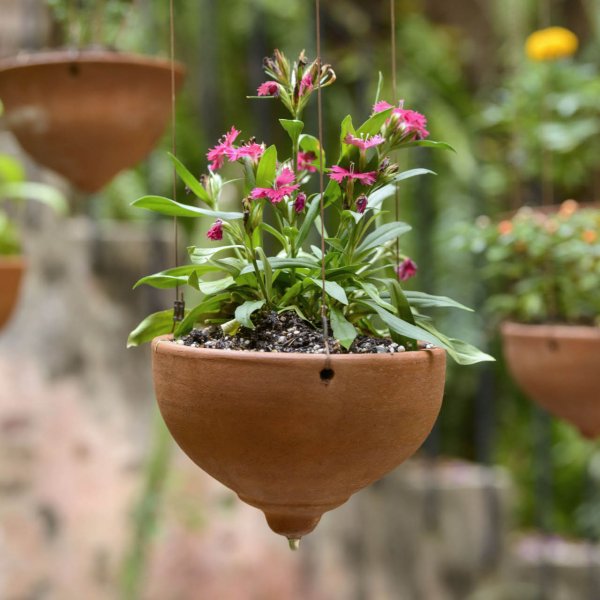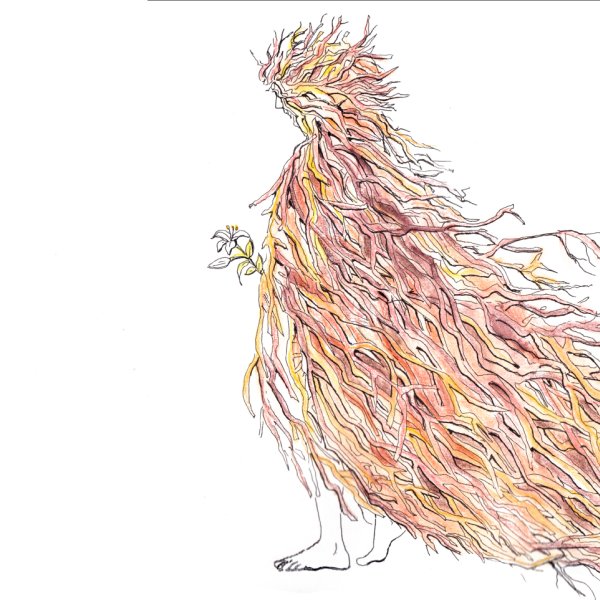Vision and presence 2024: performance cycle
The third edition of the performance cycle Vision and presence, which aims to give visibility to women creators, features ten new performances specially created to be presented in different spaces in the museum over the course of 2024.
The chosen subjects introduce present-day issues into the museum, such as climate change, femicide, women’s work, aspects of race and the female memory. The public and performers will interact in order to reflect on current issues through art.
On this occasion the cycle will also include three lectures in February, May and September, to be given by performance professionals of nature and international stature. They will focus on some of the issues addressed by the invited artists.
Performance calendar:
Marta Pinilla. Baroque Sacred Cosmology
Lizette Nin y María Monegro. The ephemeral body
Las Domínguez de Ramos. (Un)Sewn women
Yohanna M.Roa. Pocahontas and la Malinche
Estíbaliz Sádaba Murguía. Frames: Creating new historiographies
Alejandra Dorado. Astay (Carring)
Dolores Nchama. Women not allowed
Aniova Prandy. I´m carring my fellow women
Verónica Vides. Used o be forests
Rosa Cabrera. Herencia negada
Conference calendar:
Pilar Soler Montes. Hysteria
Kekena Corvalán. Artchivas Network: Feminist curatorships and practices in the territory
Suset Sánchez. Negras, cholas, chinas, rubias... Tits without fear, resisting bodies and decolonial critique













